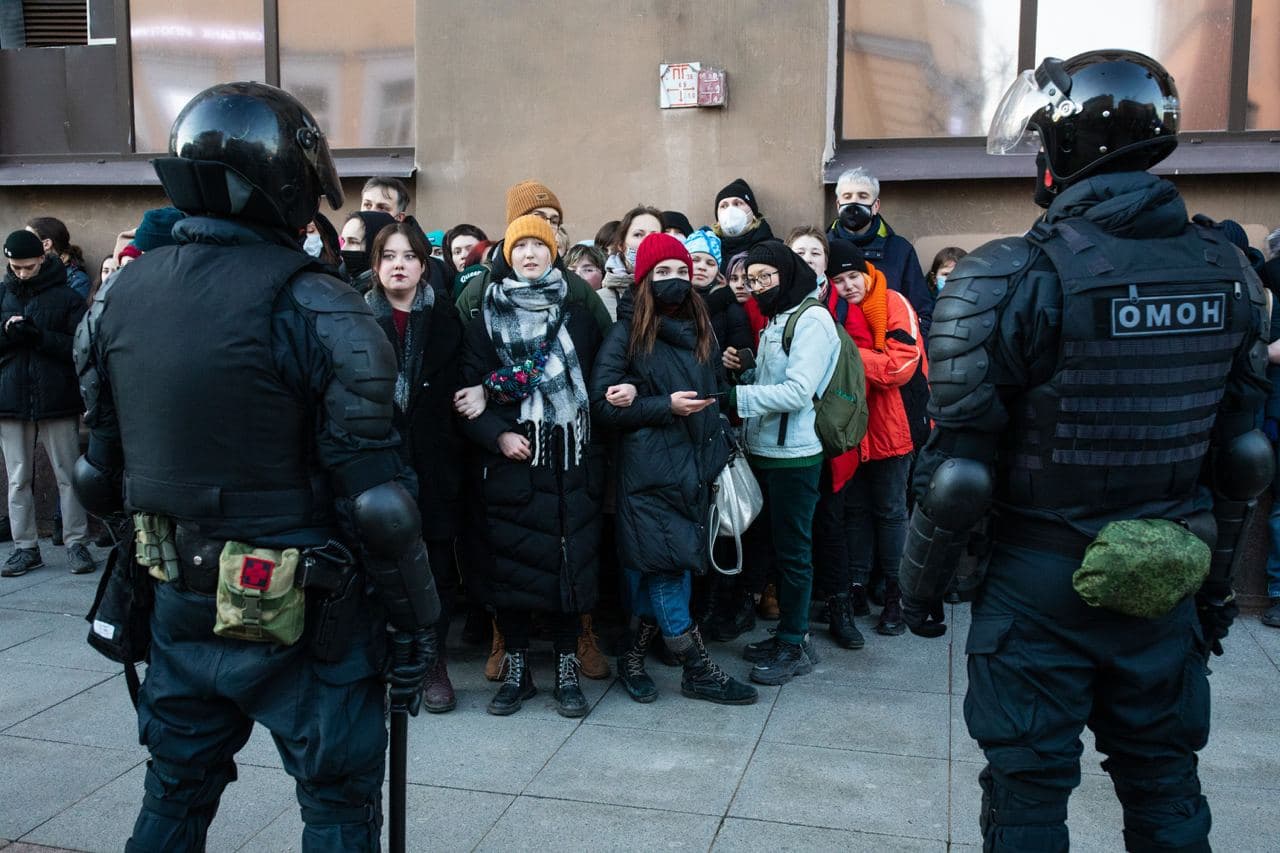– With these amendments, the Russian Duma has added more restrictions on civil society activities and critical voices, and continue to marginalize groups they do not like. They aim to further silence those parts of Russian society, which oppose the war against Ukraine. While Putin’s regime seems unable to win the war, it shows no restraint in attacking so-called internal enemies or people with critical ideas, says Berit Lindeman, Secretary General.
The law on ‘foreign agents’
The law was introduced in 2012 and ensures that anyone who receives financial support from outside Russia and conducts what is broadly termed as ‘political activities’ is registered by the Ministry of Justice as a ‘foreign agent’. The law has been amended several times, making it steadily more restrictive and delegitimizing. Once registered, a person or entity is subject to additional audits and must mark all their publications with a 24-word disclaimer saying that they are being distributed by a ‘foreign agent’.
New restrictions
The Ministry of Justice has established four so-called foreign agents lists, which by 1 December 2022 included the following number of entities or persons:
- 63 non-governmental organisations
- 62 individual persons
- 147 mass media agents/persons
- 55 media organisations
The amended law unites the four lists in one registry. Among new restrictions, it permits authorities to get access to any bank or personal information of ‘foreign agents’. Any person “influenced by foreigners”, for instance, who cooperates with foreigners (including scientific cooperation), study foreign philosophers, read foreign experts or have membership in international organisations, can now be put in the registry. ‘Foreign agents’ are deprived of a range of professional activities such as teaching the underage and working at state institutions. ‘Foreign agents’ cannot conduct any anti-corruption expertise, be members of election commissions or arrange public events.
Materials published or prepared by ‘foreign agents’ shall be treated as pornography or narcotics and be forbidden to disseminate among underage. The materials shall be marked 18+, including on websites and social media. The published materials shall be sold in a plastic, opaque package and cannot be sold to minors. Libraries are obliged to keep books or other products of ‘foreign agents’ in a separate room or in a separate bookshelf, under the control of librarians, and lent only after showing a valid passport.
Erasing LGBTI persons from society
The LGBTI+ community in Russia have been battling the infamous law that prohibits so-called “propaganda of non-traditional sexual relations to minors” since its adoption on federal level in 2013. Rights groups have seen a dramatic increase in hate crimes against LGBTI people since then. On December 5 the law was reinforced by removing the age limitations, aligning homosexuality with pedophilia, and effectively outlawing all public expressions about LGBTI issues.
It will impose harsh restrictions on LGBTI topics in public, online, in films, books and advertising, and will result in high fines. It will also put severe limitations on civil society organizations and their support of the community.
Apart from the legal restrictions it imposes, this contributes to stigma and marginalization, and will make it even more dangerous for LGBTI people in Russia than what it already is.
– The new restrictions bring Russia further away from its Constitutional and international human rights obligations, and close to the definition of a totalitarian state. The Norwegian and other democratic governments must strengthen support for Russian civil society groups, and practice eased visa regulations for human rights defenders, LGBTI activists and others who promote democracy and rule of law. They should also help enable their work from exile. Currently, Norwegian implementation of Schengen restrictions against Russian citizens is not permitting visas to all Russian human rights defenders who are forced to flee. We need to see a policy change, Lindeman concludes.
